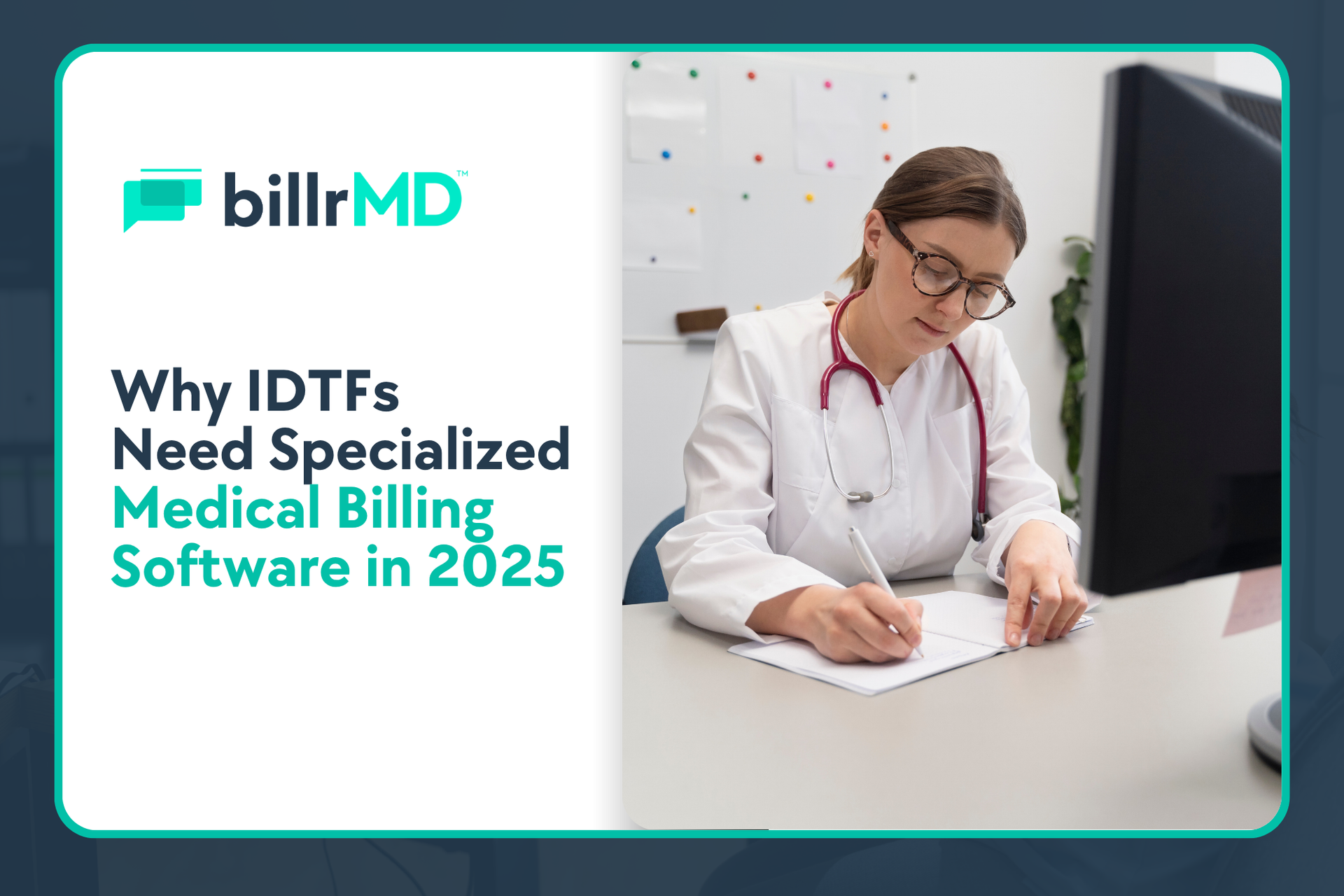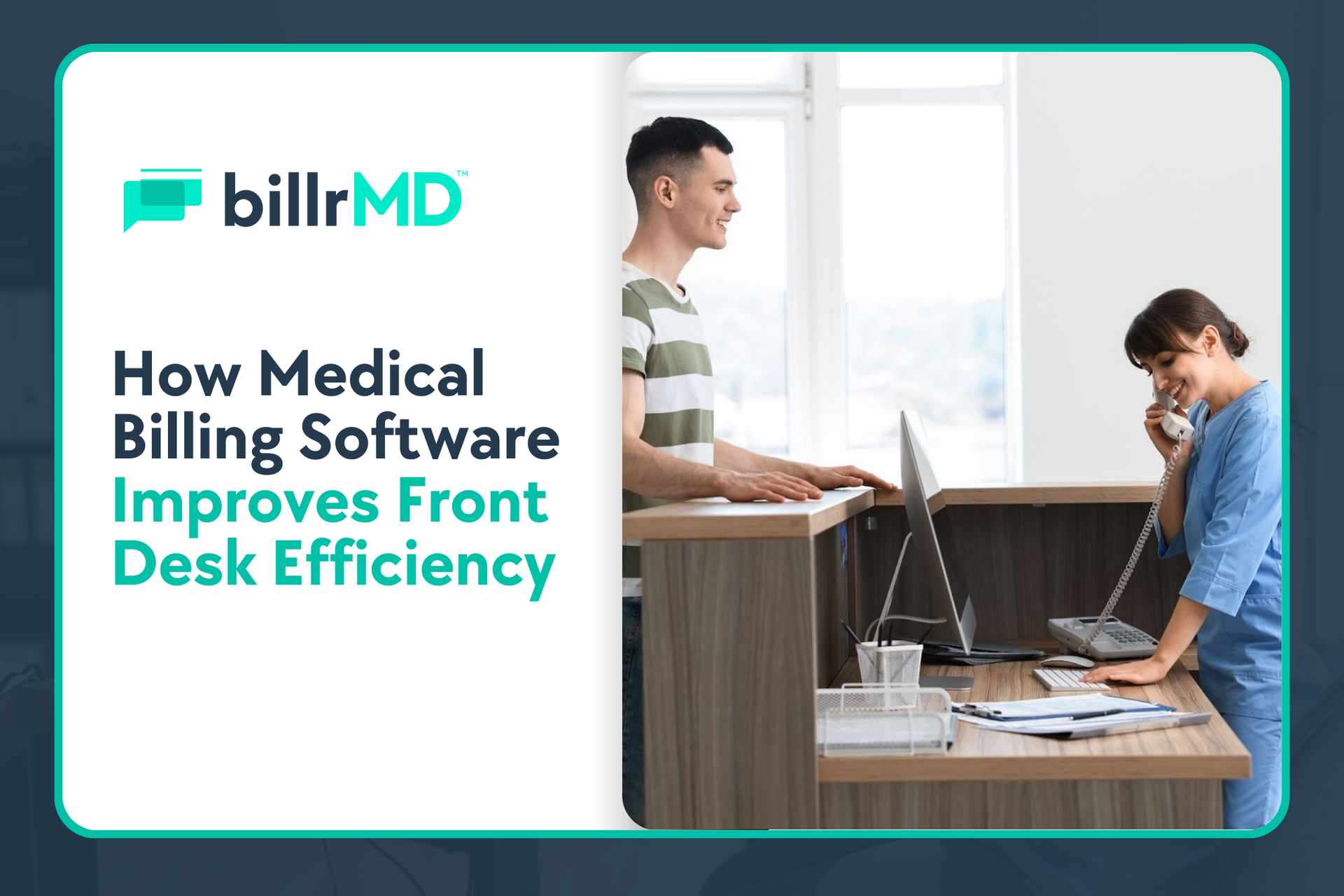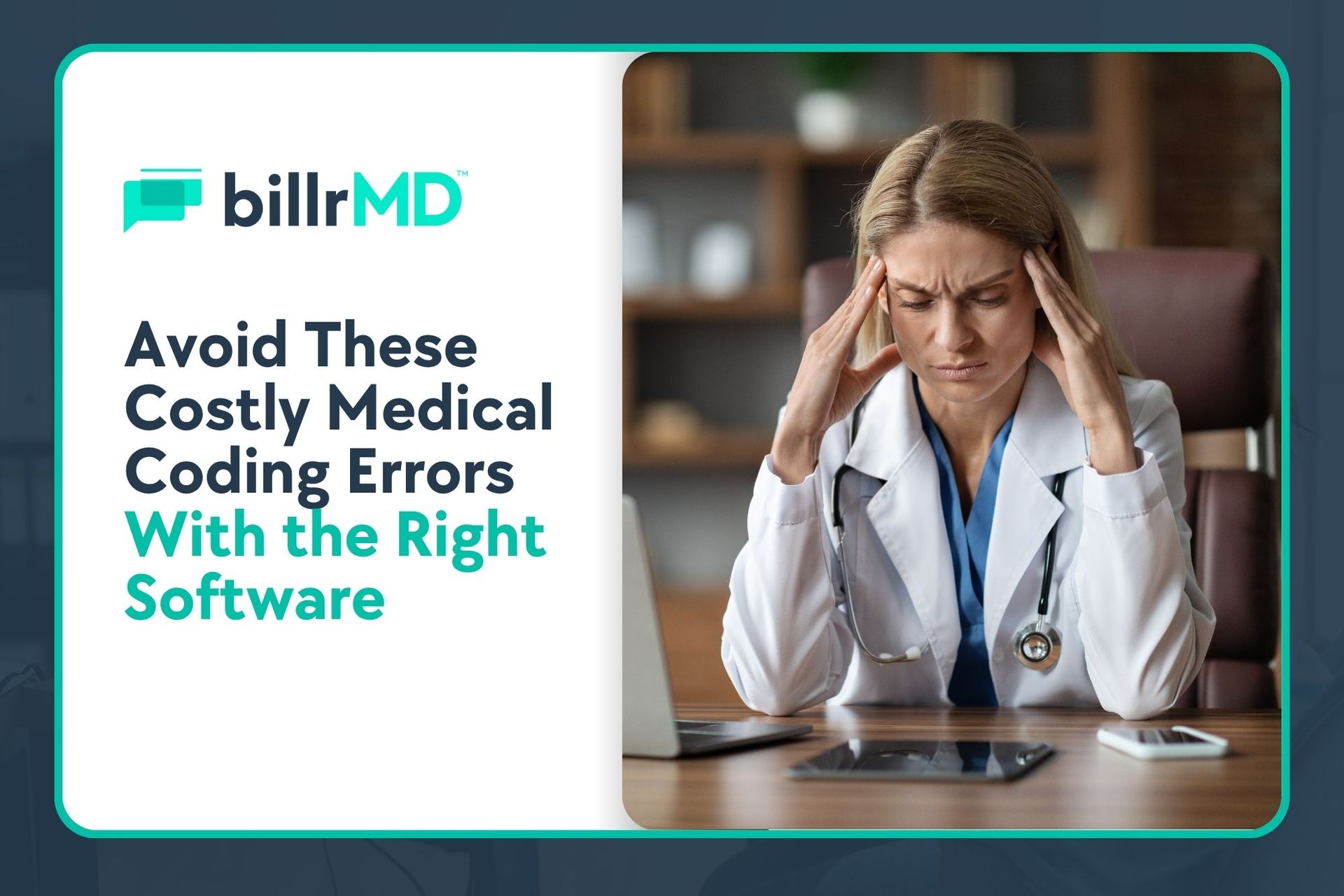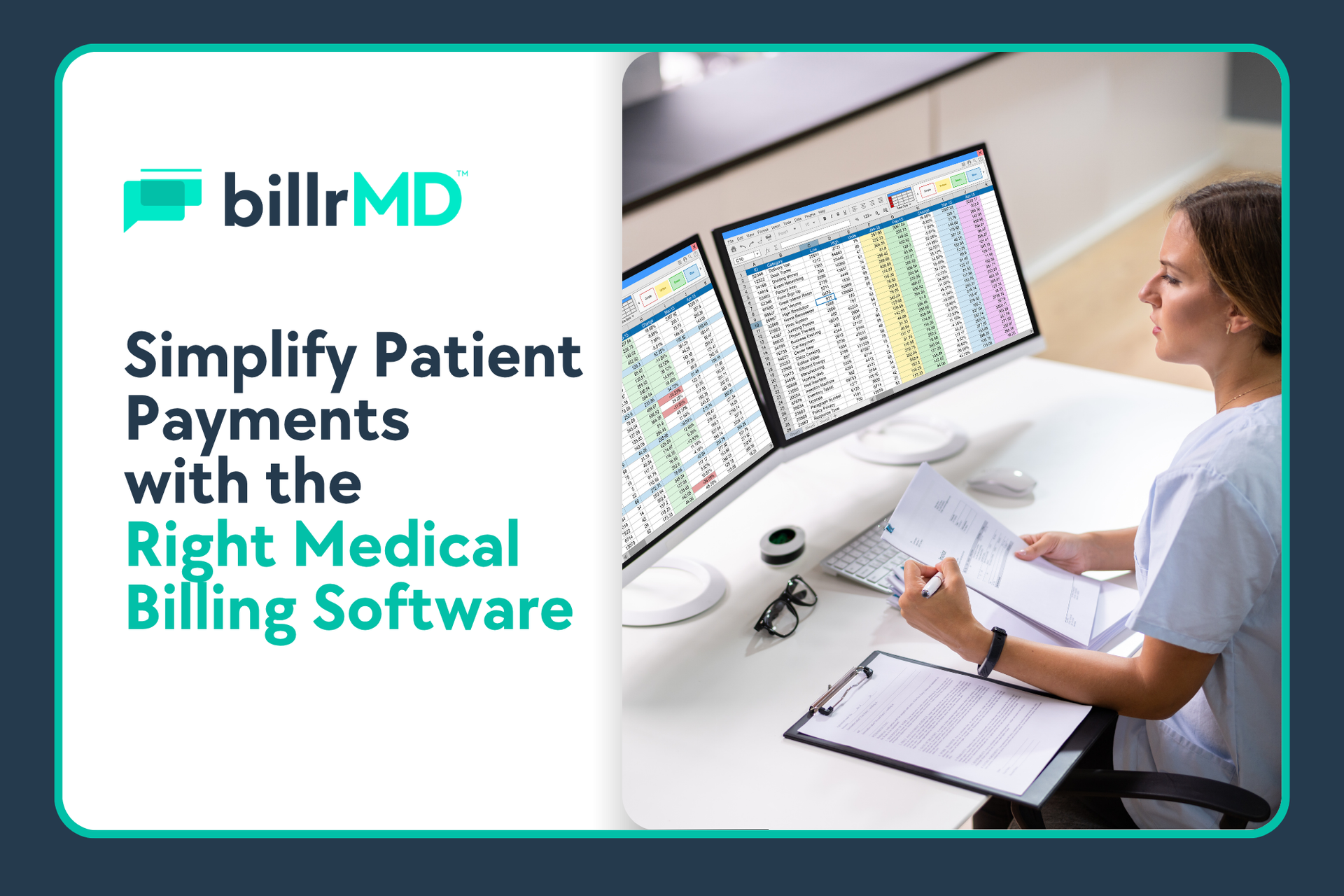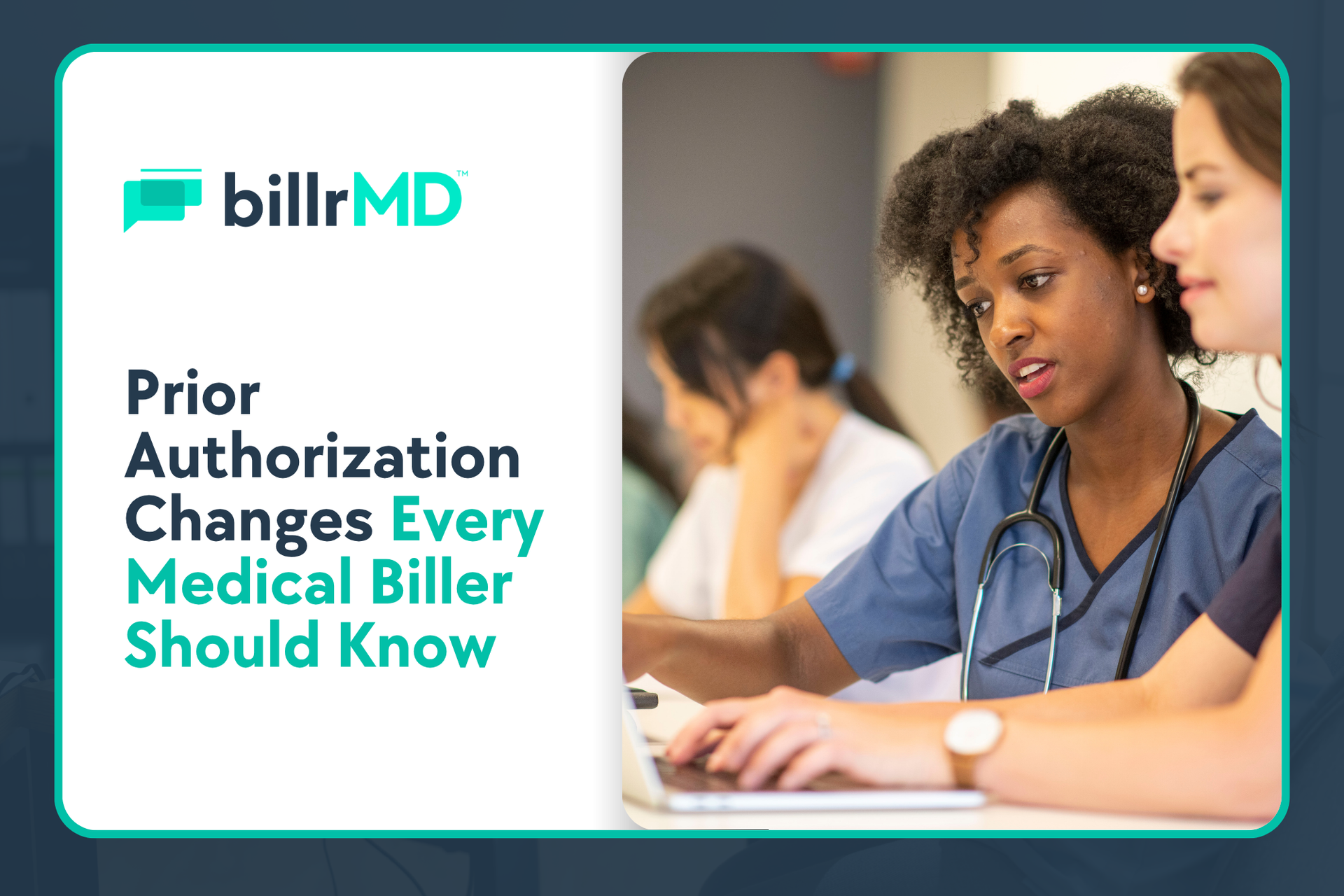Medical billing errors cost the industry billions of dollars annually, highlighting the impact of a seemingly routine process. Beyond the staggering financial toll, these errors jeopardize the delicate balance between patient care and operational viability for healthcare providers.
Join us as we take a closer look at the connection between medical billing and healthcare financial management. In this blog, we'll uncover how small mistakes in billing practices can affect the entire healthcare system.
How Does Billing in Healthcare Work?
Medical billing is the essential administrative process that turns healthcare services into financial transactions.
- When a patient receives medical services, the healthcare provider documents the details, such as procedures, tests, and medications.
- The provider converts this information into standardized codes, such as CPT (Current Procedural Terminology) and ICD (International Classification of Diseases).
- They then use the coded data to generate a claim, which includes all the provided services.
- The provider submits the claim to the patient's insurance company or payer for reimbursement.
- The insurance company reviews the claim, processes it, and determines the amount they will cover.
- The healthcare provider bills the patient for any remaining balance.
What Are Its Key Components?
Understanding the critical parts of the medical billing process is crucial. The first step involves the provider's
coding
team, which translates medical services into universally accepted codes. The team organizes these codes into a claim with the patient's medical billing information, which they submit electronically or on paper to the insurance company.
Once the claim is received, the insurance company evaluates it for
accuracy and compliance. This process involves cross-referencing the provided codes with the patient's coverage. After the evaluation, the insurance company decides on the reimbursement amount. Additional documentation or clarification may be needed for discrepancies or issues, such as in the case of a patient undergoing knee surgery and submitting a health insurance claim for a knee arthroscopy.
The provided documentation includes a billing code for the procedure, but during the evaluation, the insurance company identified a lack of detailed information in the medical records regarding the specific type of arthroscopic procedure performed. In this situation, the insurance company may request supplementary documentation, such as operative notes or a detailed report from the orthopedic surgeon, to clarify the exact nature of the knee arthroscopy.
Read More:
Maximize Revenue With billrMD’s Insurance Payment Tracking Software
What Is the Role of Finance in Healthcare?
Billing in healthcare is part of a more extensive process called revenue cycle management, which guides the finance journey from when a patient makes a doctor's appointment to when they settle the bill. Medical billing documents all the services you provide to a patient, including coding and payment, keeping your healthcare organization financially healthy.
Getting paid on time helps you keep things running smoothly, buy new equipment, hire good doctors, and offer the best care. Mistakes or delays in billing can complicate healthcare practices, affecting your ability to give excellent care.
Read More:
Dealing with Denials: Strategies for Effective Medical Billing
When handled effectively, medical billing helps physicians and healthcare professionals devote more attention to patient care, ensuring they receive the necessary treatment. Comprehending the intricacies of medical billing goes beyond financial considerations; it plays a crucial role in optimizing the healthcare experience for you and your patients.
The Challenges With Billing in Healthcare
The path to financial health for healthcare providers is riddled with hurdles that demand precision and adaptability. Understanding these challenges will help you achieve high levels of healthcare financial management.
Billing Code Complexity
Using intricate code systems, such as CPT and ICD codes, introduces complexity in medical billing. These codes accurately describe medical procedures, diagnoses, and services. Still, the sheer volume and specificity often lead to confusion. Ensuring accurate code application is crucial for reimbursement and
preventing claim denials, presenting a continual challenge for billing professionals who must constantly master these codes.
Insurance Reimbursement Issues
Securing timely and accurate reimbursement from insurance companies is another hurdle in medical billing. The process involves submitting detailed claims outlining the provided services, which then undergo rigorous scrutiny by insurance providers. Delays and denials can occur for various reasons, including incomplete or inaccurate documentation, coding errors, or discrepancies in coverage. Denials impact your financial health and can lead to frustration and economic strain for patients who may be left with unexpected bills.
Read More:
How Real-Time Patient Eligibility Software Improves Your Revenue
Regulatory Compliance Changes
The healthcare industry is subject to frequent changes in laws, regulations, and payer policies. Navigating these changes while maintaining compliance with industry standards is essential for accurate billing and reimbursement. Failure to adapt to regulatory adjustments can result in penalties, claim denials, and increased operational costs, making regulatory compliance a perpetual challenge in medical billing.
Read More:
How to Improve Your Clean Claim Rate in 5 Easy Steps
Technology's Role in Medical Billing
Technology streamlines and enhances billing in healthcare. Let's explore how these innovations transform your approach to financial management, enhancing the accuracy and efficiency with which your practice processes claims.
Electronic Health Records (EHRs) and Billing Integration
One of the game-changers is the integration of EHRs with billing systems. EHRs digitally store patients' health information, including medical history, diagnoses, medications, and treatment plans. This integration facilitates communication between healthcare providers and billing departments.
When you render a healthcare service, the data automatically transfers from the EHR to the
billing system, minimizing manual data entry and the risk of errors. The accuracy this process brings in claims documentation contributes to a more cohesive and streamlined healthcare ecosystem.
Billing Software and Automation
Billing software and automation have revolutionized the traditional methods of medical billing. With billing software, the entire billing cycle becomes more efficient. The software can automatically generate claims using standardized codes, submit them electronically to insurance companies, and track the status of each claim.
Automation expedites the reimbursement process, saving you time and enabling you to see more patients. This shift towards technology-driven automation ensures you receive timely and accurate reimbursements, generating more revenue for your practice.
Read More:
Medical Billing & RCM Automation: The Secret to Getting Paid Faster
Secure Your Viability With billrMD
With all the billing systems in the market today, you’ll want one that has a fully integrated payment system, business intelligence reporting, and fast medical claim submission. You can have all these and more with
billrMD’s cutting-edge solutions that will make healthcare financial management a breeze.
Explore the pinnacle of medical billing solutions with billrMD today!






